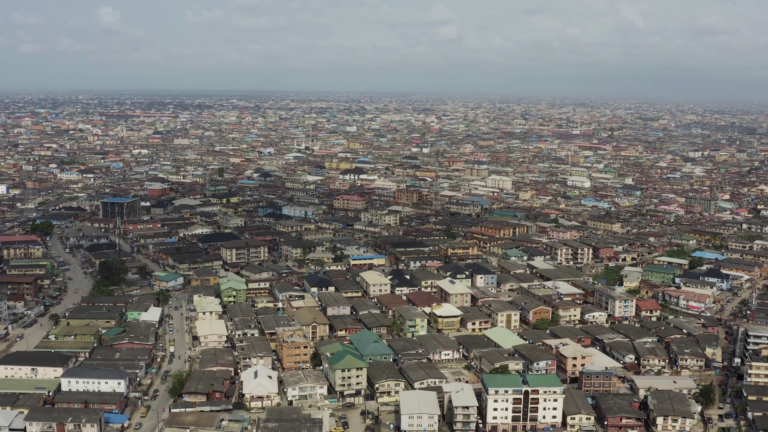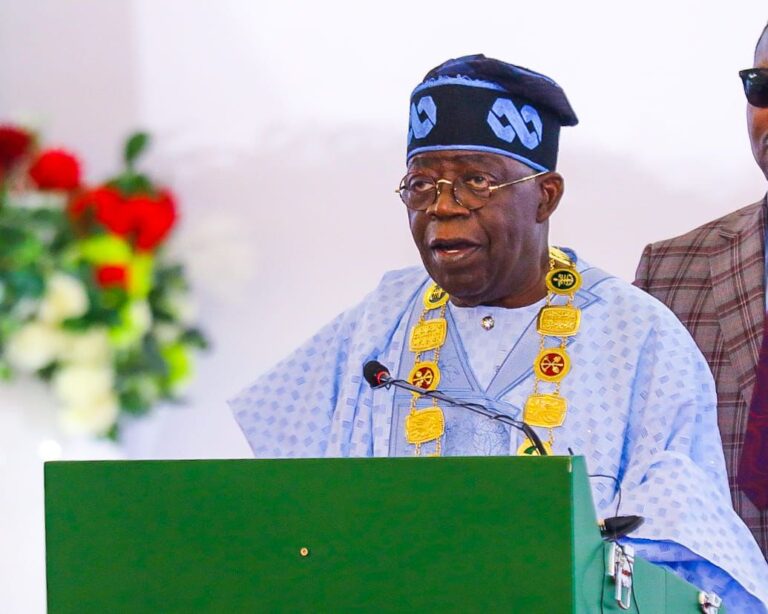The Nigerian House of Representatives recently advanced a bill seeking to remove the constitutional immunity currently granted to the Vice President, Governors, and their deputies. This proposed amendment aims to promote accountability in public office by allowing these officials to be subject to civil and criminal proceedings while still in office. The bill successfully passed its second reading on March 26, 2025, indicating significant legislative support for this change.
However, on March 27, 2025, the House rescinded its decision on the second reading of the bill. The reversal was attributed to the need for further debate on certain provisions of the proposed amendment. This development underscores the complexity and contentious nature of altering the immunity clause within Nigeria’s Constitution.
The concept of immunity for high-ranking officials varies globally:
•India: Article 361 of the Indian Constitution grants the President and state Governors immunity from legal proceedings during their tenure. However, this protection does not extend to the Vice President or other officials, allowing them to be prosecuted while in office.
•United States: The U.S. provides certain immunities to its President, primarily concerning official acts. However, this immunity is not absolute, and former Presidents can face legal actions for conduct outside their official duties. Notably, the U.S. Supreme Court has ruled that a sitting President does not have absolute immunity from civil litigation for actions undertaken before assuming office.
•Malaysia: In 1993, Malaysia amended its Constitution to allow for the prosecution of its monarch and state rulers in a special court, removing the absolute immunity they previously enjoyed. This change was aimed at enhancing accountability among the nation’s highest officials.

Nigeria’s 1999 Constitution provides immunity to the President, Vice President, Governors, and Deputy Governors under Section 308, shielding them from civil and criminal prosecution during their tenure. Over the years, there have been multiple attempts to amend this provision:
•July 2021: A bill was introduced in the House of Representatives seeking to remove immunity from the President, Vice President, Governors, and Deputy Governors, especially in cases involving corruption, murder, treason, or other personal crimes. The bill aimed to promote accountability and was sponsored by Representative Rimamnde Kwewum.
•December 2024: The Senate considered a bill to alter Section 308, proposing the removal of immunity for the Vice President, Governors, and Deputy Governors in cases involving misappropriation of public funds or incitement of violence. This bill, sponsored by Deputy Senate President Ovie Omo-Agege, successfully passed its second reading.
The concept of immunity for high-ranking officials varies globally:
•United States: The President has absolute immunity from civil litigation for official acts but not for actions taken before office. In 2020, the U.S. Supreme Court ruled that a sitting President is subject to subpoenas in criminal prosecutions for personal conduct.

•United Kingdom: Members of Parliament enjoy parliamentary privileges, protecting them from prosecution for statements made during parliamentary debates, but there is no general immunity from criminal prosecution.
•France and Germany: Both countries provide parliamentary immunity, but their parliaments can vote to lift immunity for specific members to allow prosecution.
•Chile: Serving Presidents do not have immunity and can be prosecuted immediately after leaving office.
•Côte d’Ivoire: The President is liable for acts done in the exercise of office and can be prosecuted for high treason.
That said—Should Nigeria proceed with removing immunity for the Vice President, Governors, and their deputies, several long-term effects could emerge:

1.Enhanced Accountability: Allowing legal proceedings against these officials during their tenure could deter misconduct and promote a culture of transparency and responsibility in public office.
2.Political Stability Concerns: The removal of immunity might lead to an increase in politically motivated lawsuits, potentially distracting officials from governance and leading to instability within the political system.
3.Judicial System Burden: The judiciary may experience an increased caseload, necessitating additional resources and reforms to handle cases involving high-ranking officials effectively.
4.Public Perception: Such a constitutional amendment could bolster public trust in the government, demonstrating a commitment to combating corruption and upholding the rule of law.
For the Nigerian populace, the removal of immunity could have several effects:

•Increased Confidence in Governance: Citizens may feel more assured that public officials are held to account, potentially leading to greater civic engagement and trust in governmental institutions.
•Potential for Political Disruptions: If legal actions against officials become frequent, it could lead to disruptions in governance, affecting policy implementation and public services.
•Legal Precedents: Cases brought against high-ranking officials could set important legal precedents, shaping the future interpretation and application of Nigerian law.
In conclusion, while the proposed removal of immunity for Nigeria’s Vice President, Governors, and their deputies aims to enhance accountability, it is imperative to carefully consider the broader implications to ensure that such a change strengthens the nation’s democratic institutions without inadvertently causing political or administrative instability.












